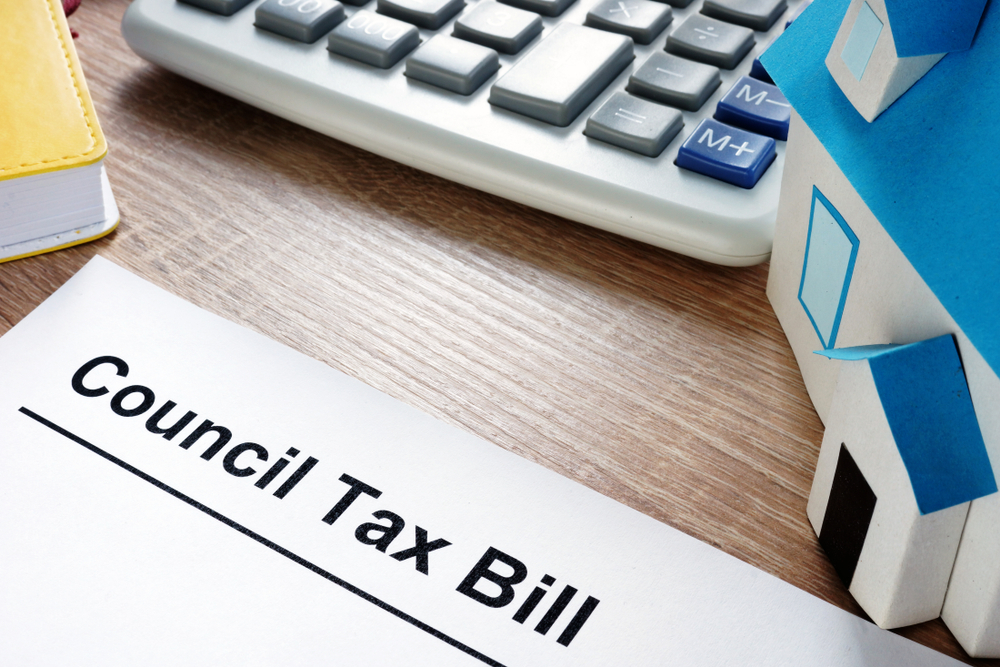
Help With Council Tax Debt
When you’re juggling rent or mortgage payments, rising food costs, energy bills, and everyday living expenses, council tax can start to feel like something that can wait. The problem is that councils are usually quick to take action once payments are missed. Reminder notices, court action, and council tax debt collectors can follow, often much faster than with other debts. By the time enforcement starts, the balance is higher, and the situation feels harder to control.
At NDH Financial, we help people across England, Wales and Northern Ireland deal with council tax debt as part of wider financial difficulties. We’re licensed insolvency practitioners and have over 15 years’ experience helping people find a way forward.
If council tax arrears are causing problems alongside other unsecured debts, an Individual Voluntary Arrangement (IVA) may help. Your Insolvency Practitioner will work with you to assess your situation and set one affordable monthly payment. Council tax arrears can be included, enforcement action can stop, and any remaining qualifying, unsecured debt included in the IVA is written off**.
What is Council Tax debt?
Council tax is a charge paid to your local council to fund everyday services in your area, like rubbish collection, schools, social care, and emergency services. It applies to most residential properties and is usually paid in monthly instalments throughout the year.
The amount you pay depends on your council tax band and the rates set by your local council. Unlike credit cards or loans, council tax isn’t linked to spending or borrowing. Once the bill is issued, the full year’s charge is due.
Because it pays for essential local services, council tax is treated differently from most other debts. It sits alongside rent or mortgage payments, utilities, and food costs.
Get in touch today
NDH Financial can help free you from the shackles of your debt.
Call us on 0800 002 9051 or apply below.
If you’re an existing client, please call us on 0800 002 9061.

Tips for Dealing With Unpaid Council Tax
Council tax can feel harder to manage than other bills because it isn’t something you can easily avoid. Even when you cut back elsewhere, the amount due usually stays the same, which makes arrears feel harder to shift once they start to build.
Don’t Ignore Council Letters
Councils move quickly when payments are missed. Opening letters and responding, even if you can’t pay in full, helps keep options open and avoids unnecessary costs being added.
Check Your Bill & Council Tax Band
Make sure the bill is correct and that your property is in the right council tax band. If it isn’t, you may be paying more than you should.
See if You Qualify for Council Tax Reduction
If you’re on a low income or receiving benefits, you may be entitled to a reduction. This won’t usually clear arrears, but it can lower ongoing payments and prevent the debt from growing further.
Prioritise the Ongoing Council Tax
Council tax is a priority debt. Keeping up with current payments, even if arrears remain, helps limit further action while you look at longer-term solutions.
Get Professional Debt Advice
If you’re struggling to pay your council tax, and the arrears are part of wider debt problems, speaking to our debt consultants can help. We will work with you to review your income, essential living costs, and debts, and explain which options may be suitable for your situation.
Struggling With Council Tax Debt? Contact NDH Financial Today
When council tax payments are missed, there’s often very little time to catch up. Instalments can be cancelled quickly, leaving you liable for the full balance for the year. For many people already dealing with rising living costs, that can feel overwhelming and difficult to deal with alone.
Our debt consultants will work with you to review your income, essential living costs, and council tax arrears, alongside any other debts you may have. They’ll explain which options fit your situation and what each one involves. If an IVA is suitable, it can include council tax arrears and set one monthly payment based on what you can realistically afford, with a clear endpoint.
The consultation is confidential, non-obligatory, and focused on practical next steps.
Have More Questions? Our IVA Learning Hub Can Help
We know you might have questions and that's fine. We can answer most of those on our call.
But we've also built our learning hub so that you can learn more about an IVA and see if one is right for you.
Click below to check it out.
